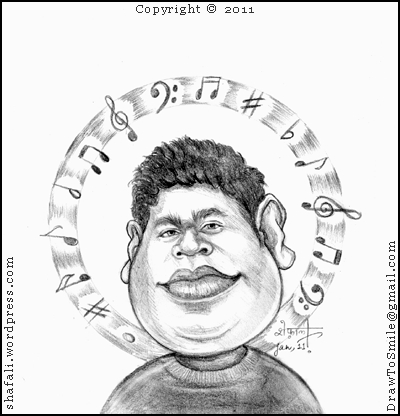Informed by my curiosity as to whether every artist should aim for an album as a 'career catalogue', I went about the interwebs and came across this interesting XXL Magazine breakdownof three interesting ways in which musicians can and have used to showcase their talent/art. (Check out the original article for the author's interesting personal opinions.)

(image from the original XXL Magazine article)
MIXTAPES:
Before and outside of hip-hop, mixtapes were a combination of various songs put together by listeners, often for friends to get different songs. When hip-hop caught on in the ’80s, DJs, who were then often bigger than the artists, showcased their skills and taste by cutting up music, blending songs, and featuring new music.
In the ’90s, mixtapes primarily shifted into two categories. Blend tapes, which would take a capellas and verses and put them against different instrumentals. Or standard mixtapes, which were the definitive way to introduce new music and artists, and most lacked any technical DJ skills. Stars were made like DJ Clue, who Def Jam signed and went platinum just playing new unreleased music.
The Internet killed the ’90s definition of mixtapes.(Personal note: I'd say, the internet redefined mixtapes, case-in-point: Mixcrate) Blogs became the new DJs by becoming the sources for premiering new music, and many mixtape DJs at the time were forced into early retirement. A few stood at the end of the day, and became stars in their own rights, releasing projects formed entirely of original music with one specific artist/crew (and often original production). Now, these were always called mixtapes, yet often didn’t have any mixing or outside artists, and sometimes were better than artist’s official album releases.
STREET ALBUMS:
Although they’re distributed virally and organically, they aren’t really a mix of anything other than that artist’s original music (i.e. an album).
Artists are also releasing street albums/EP’s at the same time, so they can provide physical distribution in stores (and when people search for that artist in the world’s biggest music store, iTunes), while still giving away the music to the true hip-hop heads, blogs, and growing their buzz organically.
EPs(Extended Plays):
With artists needing music released in the marketplace, but not wanting to “officially” drop an album, EPs have become the current “it” thing to do in hip-hop. Many artists release EPs as a way to officially get out and monetize original music while building their buzz, without having the pressures of putting out a true album.
Further reading led me to find this analysis of EPs, especially with the rise of the indie musician.
1. EPs mean more focus:
When you plan to release only 6 songs(for instance), you can spend more of your recording time (and money) focusing on those 6 songs. If this involves studio time, it can mean money saved or more attention paid to getting top notch tracks. If recording yourself, it means more time and freedom to experiment in the studio. And when it comes to mixing this can mean more time devoted to bringing out the little nuances in each mix, as opposed to,say, 12 songs.
2. EPs mean more music:
With a traditional artist releasing a traditional full length album, that album will generally last about 2 years. Bands typically release a few singles off their album, go on tour for a year or so, and then get back into the studio to write and release a new album. This typically happens in 2 to 3 year cycles for an active band.
This means that in order to stay relevant to your fan base you must find other ways to connect with them in between albums. Usually touring is enough. But imagine for a moment if your band decided to put out 6 song EPs from now on. You could write, record, mix, and release your EP quicker than a full length album.
3. EPs mean more growth:
EPs allow musicians to express our musical growth to the world more frequently.
At the end of the day, the bottom line is and should be producing good music. All the above are just means of showcasing it. :)


